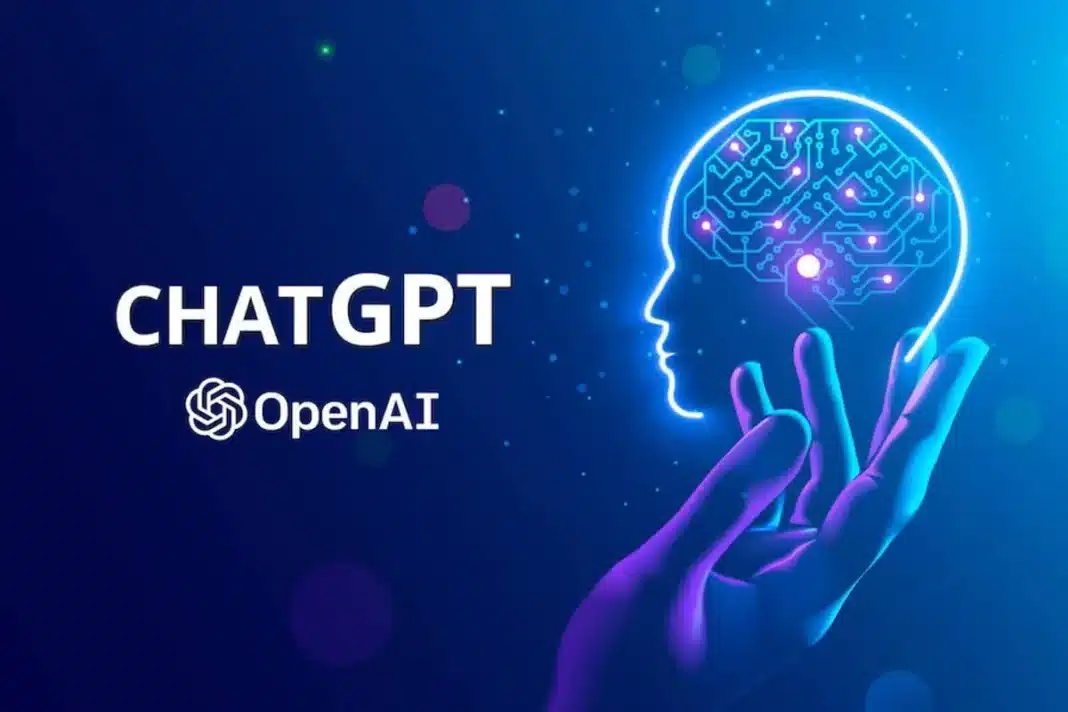A recent study has shown that academic style content generated by ChatGPT, a Large Language Machine (LLM), may be picked up by existing AI-detection tools despite being more sophisticated than those produced by previous innovations. The study, conducted by researchers from Plymouth Marjon University and the University of Plymouth, UK, aimed to encourage ChatGPT to produce academic content through a series of prompts and questions. The generated text was then ordered following ChatGPT’s suggested structure, and genuine references were inserted throughout. The study revealed that while ChatGPT’s academic writing may be more advanced than previous AI-generated content, it is still relatively formulaic and may be detectable by existing plagiarism detection tools.
AI Brings Challenges to Academic Community
ChatGPT, launched in November 2022, is the latest chatbot and AI platform with the potential to revolutionize research and education. However, as it grows more advanced, it poses significant challenges to the academic community, particularly in terms of academic honesty and plagiarism. The study’s authors urge universities to think of ways to explain and minimize academic dishonesty among students. They suggest that AI could be used to automate some administrative tasks, allowing more time to be spent working with students. Banning ChatGPT, as some schools in New York have done, can only be a short-term solution, as AI is already widely accessible to students outside their institutions.
ChatGPT’s Potential Opportunities in Academics
Despite the challenges AI presents, ChatGPT also offers exciting opportunities for academics. As the technology advances, it has the potential to revolutionize research and education, allowing for greater efficiency and productivity. AI can help automate administrative tasks, freeing up time for academics to focus on more creative and innovative pursuits. It can also assist in research, data analysis, and academic writing, providing researchers with new tools and perspectives to approach their work.
Rethinking What Students Learn and Why
The development of AI like ChatGPT challenges universities to rethink what they want students to learn and why. With AI increasingly becoming the norm, universities need to adapt to this new paradigm. This presents an opportunity to focus more on teaching critical thinking skills, creativity, and problem-solving rather than memorization and regurgitation of information. While AI can assist in administrative tasks, it cannot replace the value of human interaction and collaboration in learning.
The Future of AI in Academics
The future of AI in academics is uncertain, but it is clear that it will have a significant impact on the way universities teach and conduct research. As the technology becomes more advanced, universities need to adapt and find ways to use it to their advantage. AI can help automate administrative tasks, provide new tools for research and data analysis, and enhance teaching and learning. However, it also poses challenges in terms of academic honesty and raises questions about what skills are necessary for success in a world increasingly reliant on AI. Ultimately, the integration of AI in academics requires careful consideration and planning to ensure that it is used ethically and effectively.

